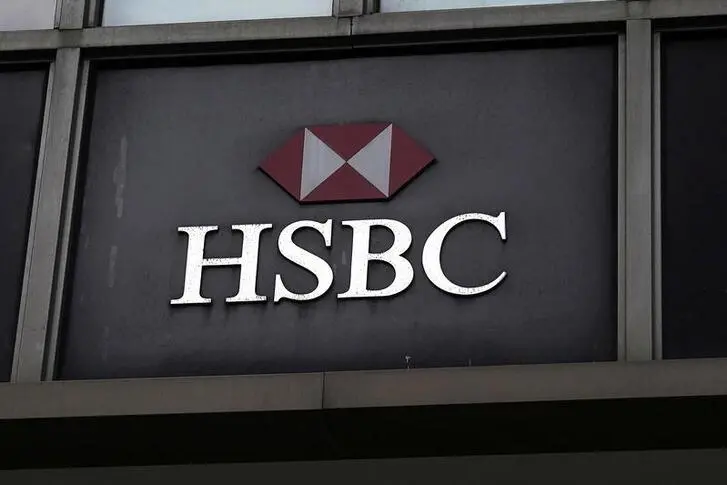PHOTO
HONG KONG - HSBC announced it is withdrawing from U.S. mass market retail banking by selling some parts of the money-losing business and winding down others, a long-awaited move as the lender steps up a shift in focus to Asia, its biggest market.
Europe's biggest bank has for years been trying to shrink its presence in some European and North American markets where it has struggled against competition from larger domestic players.
The bank said in a statement late on Wednesday it would exit retail banking for most individual and small business customers but retain a small physical presence in the United States to serve its international affluent and very wealthy clients.
"They are good businesses, but we lacked the scale to compete," Noel Quinn, HSBC group CEO, said in the statement.
HSBC unveiled in February a revised strategy focused mainly on wealth management in Asia, and at the same time said it was "exploring organic and inorganic options" for its U.S. retail banking franchise.
As part of Quinn's gameplan that also involved slashing costs across the banking group, the London-headquartered bank has been looking to step back from sub-scale markets and businesses.
Citizens Bank, part of Citizens Financial Group, has agreed to buy HSBC's east coast personal and small business banking business including 80 branches, and Cathay Bank, a unit of Cathay General Bancorp, has agreed to buy its west coast business including 10 branches, according to HSBC and separate statements from the two U.S.-headquartered banks.
These did not say what the two banks paid for the businesses, though HSBC said it expected to incur pre-tax costs of $100 million connected with the transactions.
HSBC's U.S. wealth and personal banking business made a loss of $547 million in 2020, according to the bank's annual results, versus a $5 billion profit in Asia, primarily from Hong Kong, its most profitable market.
Its global banking and markets division, which includes its investment banking and large corporate businesses, made a profit of $573 million in the United States in 2020.
The bank's Hong Kong listed shares fell more than 1% in early trading before regaining ground to trade up 0.3%, in comparison with a slight drop in the local benchmark.
"The markets will think this is quite neutral as we have been expecting it for a long time," said Dicky Wong, executive director at brokerage Kingston Securities.
U.S. TROUBLES
HSBC expanded into U.S. retail banking in the 1980s as part of a broader strategy to diversify its geographical focus.
However, it has been trying to walk back on this for more than a decade, and in 2011 announced the sale of nearly half of its then 470 U.S. branches, mostly in upstate New York, and also its profitable U.S. credit card arm.
HSBC had acquired that credit cards business as part of its disastrous $14 billion purchase of U.S. consumer lending firm Household International in 2003, which triggered billions of dollars of subprime mortgage losses, and an eventual $1.6 billion payment to settle a class-action lawsuit.
The bank currently has a U.S. network of 148 branches. (Reporting by Alun John in Hong Kong; Editing by Muralikumar Anantharaman)
© Reuters News 2021





















